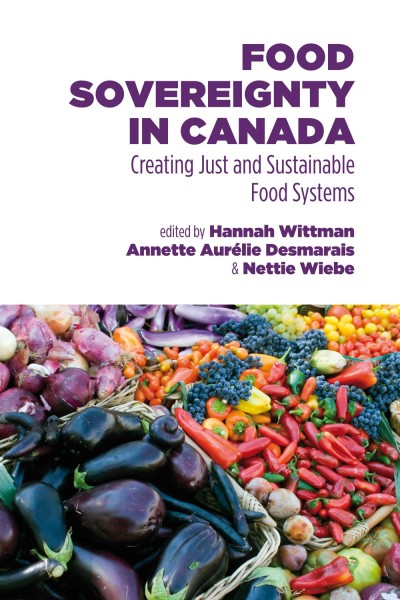Nettie Wiebe
Nettie Wiebe is an organic farmer and professor of ethics at St. Andrew’s College, University of Saskatchewan. She was Women’s President of the National Farmers Union and then served four years as the President of the NFU - the first and only woman to have led a national farmers’ organization in Canada - as well as a member of La Via Campesina’s International Coordinating Commission (ICC). She is actively involved in local and national politics in Canada, and her research focuses on agrarian feminism and the intersection of environmental, agricultural and women’s issues in rural communities.
Books by Nettie Wiebe
Food Sovereignty in Canada
edited by Annette Aurélie Desmarais, Nettie Wiebe and Hannah WittmanFood Sovereignty
edited by Annette Aurélie Desmarais, Nettie Wiebe and Hannah Wittman



